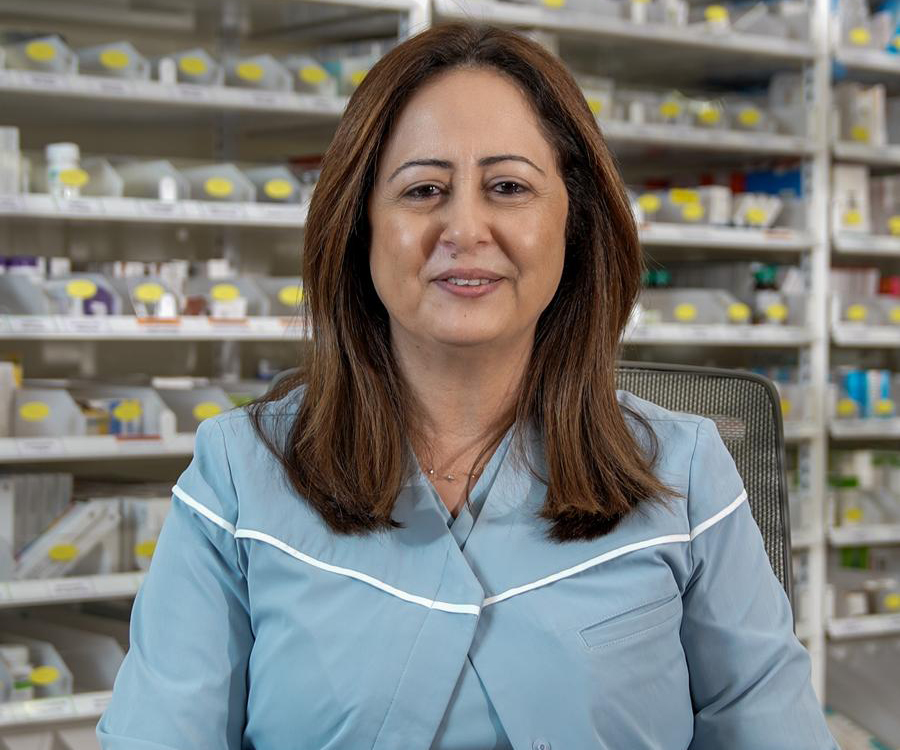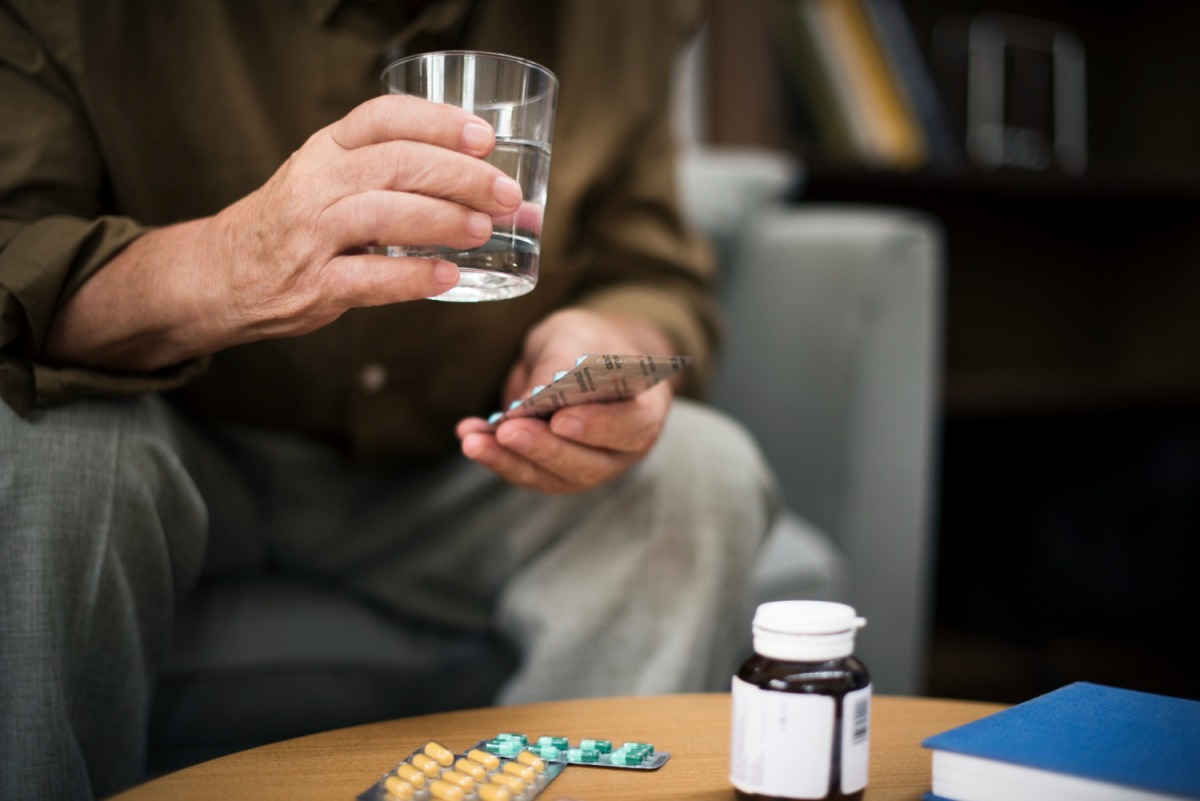Doha: Many patients assume that taking medication is as simple as swallowing a pill — but pharmacists at Sidra Medicine are reminding the people that how medications are taken and stored can significantly impact their effectiveness and safety.
Head of Outpatient Pharmacy at Sidra Medicine, Amal Aburamadan speaking to The Peninsula stressed the importance of following professional advice when using medications, whether prescribed or over-the-counter.
“Every medication works differently,” she said. “It’s critical to follow the instructions provided by your doctor or pharmacist.”
Optimal efficacy of medications and supplements often depends on timing and administration guidelines.

Head of Outpatient Pharmacy at Sidra Medicine, Amal Aburamadan
“Some should be taken with food for better absorption, while others are most effective on an empty stomach,” said Amal.
When it comes to missed doses, she advises patients to act promptly — but wisely.
“If you forget to take a dose, take it as soon as you remember. However, if it’s almost time for your next dose, skip the missed one. Doubling up can be harmful,” she said.
Improper storage is a common but often overlooked issue. “All medications should generally be stored in a cool, dry place and kept away from sunlight,” said Amal.
“Humidity and heat can degrade the medicine, making it less effective or even unsafe.”
Amal also addressed travel concerns, especially when crossing time zones or going through airports. She advised travelers to always keep medications in their original labeled containers and to carry a copy of the prescription.
Medications should be packed in carry-on luggage rather than checked baggage to avoid loss or exposure to extreme temperatures.
For cold chain medications, she recommended using an ice box and requesting flight attendants to replace ice packs when necessary.
She also emphasized the importance of adjusting dosing schedules according to the destination’s time zone and checking airline and country-specific regulations in advance to avoid any complications during travel.
Can tablets be split or crushed to make them easier to swallow?
Amal says not always.
“Altering tablets can affect how they’re absorbed in your body. Some medicines are coated or have a timed-release, and breaking them can reduce their effectiveness or cause side effects. Always consult your pharmacist before doing so.”
Many people underestimate the risks of mixing medications.
Amal stresses that drug interactions can happen not only between prescribed medicines but also with food, supplements, and over-the-counter products.
“Even common supplements or herbal teas may affect how your medication works,” she noted.
“That’s why it’s important to inform your healthcare provider about everything you’re taking.”
Amal firmly advised that individuals should never wait out a side effect. Instead, they should contact their pharmacist or doctor immediately, as some side effects can be warning signs of serious reactions.
If a person accidentally takes more than the recommended dose of medication, she advises immediate action: “Seek medical attention right away. Call emergency services or the poison control center — do not wait for symptoms to appear,” she said, referencing Sidra Medicine’s emergency guidance.
How long should someone wait before deciding that a medication isn’t working?
“If there is no improvement after 2 to 4 weeks — depending on the condition and the medication — consult your doctor. Don’t stop or switch medicines on your own,” Amal advised.
Amal encourages all patients to ask questions and stay informed.
“Pharmacists are here to help,” Amal said. “Your safety and health depend on using medications the right way — from how you take them, to how you store and travel with them.”
